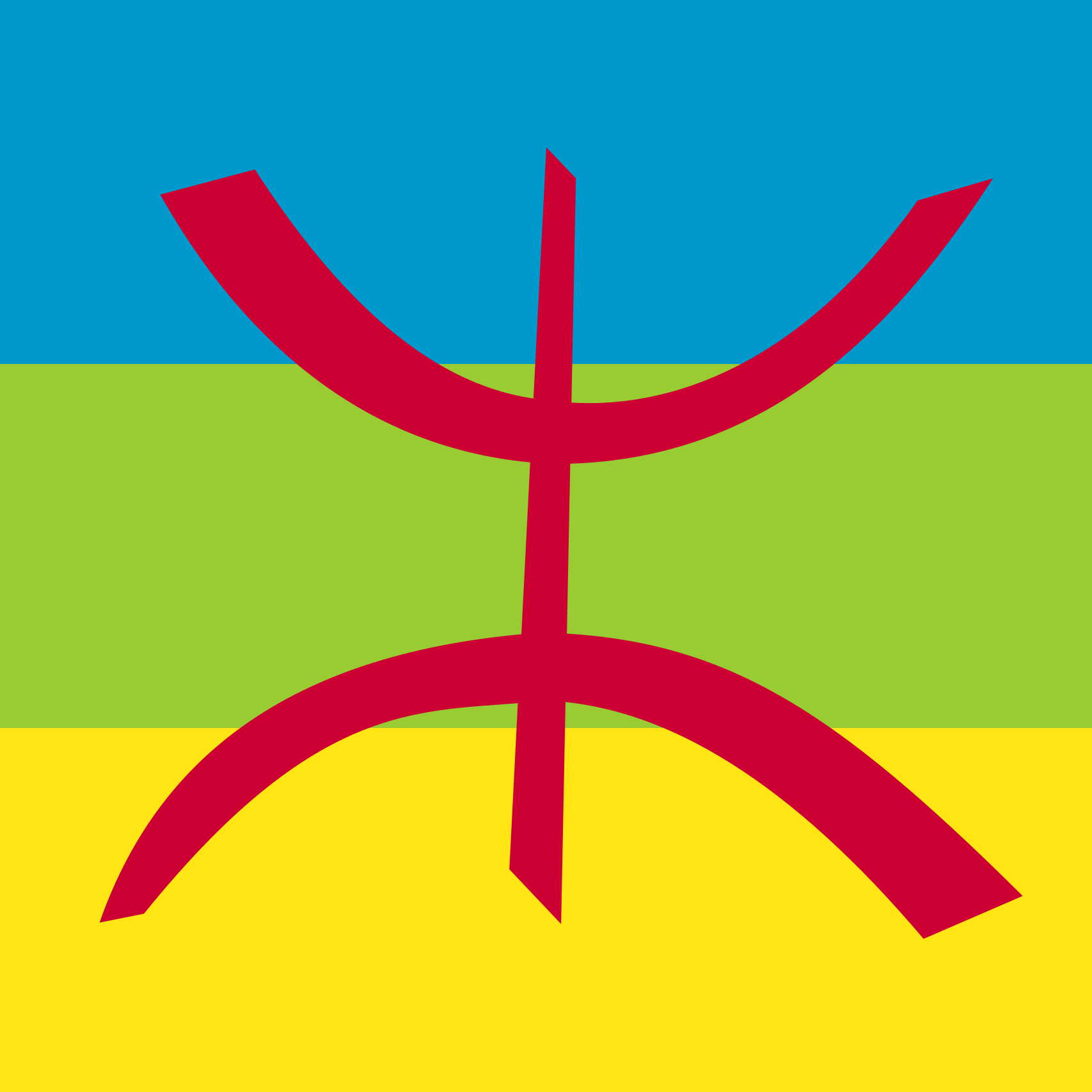The Amazigh people are an indigenous ethnic group that inhabit North Africa, including Morocco, Algeria, Tunisia, Libya, and Mauritania. In this part of the article, we will explore the Amazigh populations in North Africa, the role of the Amazigh people in the history and culture of North Africa, contemporary issues facing the Amazigh populations in North Africa, and the politics of Amazigh identity and autonomy movements in North Africa.
Overview of the Amazigh Populations in North Africa:
The Amazigh people are a diverse and widespread group, with populations throughout North Africa. The largest Amazigh populations are found in Morocco, Algeria, and Tunisia, with smaller populations in Libya and Mauritania.
The Amazigh populations in North Africa are diverse, with different dialects, cultures, and traditions. In Morocco, the Amazigh people are known as the Berbers and are concentrated in the Atlas Mountains and the Rif Mountains. In Algeria, the Amazigh people are known as the Kabyles and are concentrated in the Kabylie region. In Tunisia, the Amazigh people are known as the Imazighen and are concentrated in the Matmata and Tataouine regions.
The Role of the Amazigh People in the History and Culture of North Africa:
The Amazigh people have played an important role in the history and culture of North Africa, with a rich legacy that includes the Numidian and Garamante civilizations, the Mauretanian and Numidian kingdoms, and the Almoravid and Almohad dynasties. The Amazigh people have also contributed to the Islamic Golden Age, with many prominent scholars and scientists of Amazigh descent.
Contemporary Issues Facing the Amazigh Populations in North Africa:
In contemporary North Africa, the Amazigh populations continue to face challenges and issues, including discrimination, marginalization, and limited political representation. Despite recent efforts to promote Amazigh culture and language, many Amazigh people continue to face discrimination in schools, workplaces, and other public spaces.
In addition to discrimination, the Amazigh populations in North Africa also face challenges related to land rights, economic development, and cultural preservation. Many Amazigh communities have been displaced or relocated due to development projects or political conflicts, and there have been ongoing debates over the role of Amazigh culture and identity in North African society.
The Politics of Amazigh Identity and Autonomy Movements in North Africa:
In recent years, there has been a growing movement for Amazigh identity and autonomy in North Africa, with many Amazigh communities advocating for greater recognition and representation in government and society. In Morocco, the Amazigh language and culture have been recognized in the constitution, and there have been efforts to promote greater political representation and autonomy for Amazigh communities.
In Algeria, the Amazigh language and culture have also been recognized in the constitution, although there have been challenges in implementing these reforms. In Tunisia, the Amazigh people have faced greater challenges in gaining recognition and autonomy, although there have been some recent reforms aimed at promoting Amazigh culture and identity.
In conclusion, the Amazigh people in North Africa are a diverse and widespread group, with different dialects, cultures, and traditions. The Amazigh people have played an important role in the history and culture of North Africa, and continue to face challenges related to discrimination, marginalization, and limited political representation. Despite these challenges, there has been a growing movement for Amazigh identity and autonomy in North Africa, with many Amazigh communities advocating for greater recognition and representation in government and society.
Overall, the Amazigh people are an important and vibrant part of North African culture and identity, with a rich history, culture, and heritage that is worth exploring and celebrating. The next part of this article will provide some final thoughts on the Amazigh people and their legacy.
